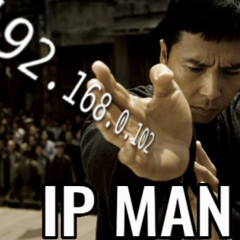How to calculate price per GB?
-
Featured Topics
-
Topics
-
4
-
INotPablo ·
Posted in CPUs, Motherboards, and Memory0 -
nugget1414 ·
Posted in General Discussion0 -
2
-
KN923 ·
Posted in Troubleshooting1 -
Subrand0m ·
Posted in Networking0 -
TIMEK33PER ·
Posted in Troubleshooting1 -
Denny M ·
Posted in New Builds and Planning1 -
Theminecraftaddict555 ·
Posted in Audio0 -
0
-




.thumb.jpeg.9babd505c85c11addf31a285a02547cc.jpeg)











Create an account or sign in to comment
You need to be a member in order to leave a comment
Create an account
Sign up for a new account in our community. It's easy!
Register a new accountSign in
Already have an account? Sign in here.
Sign In Now